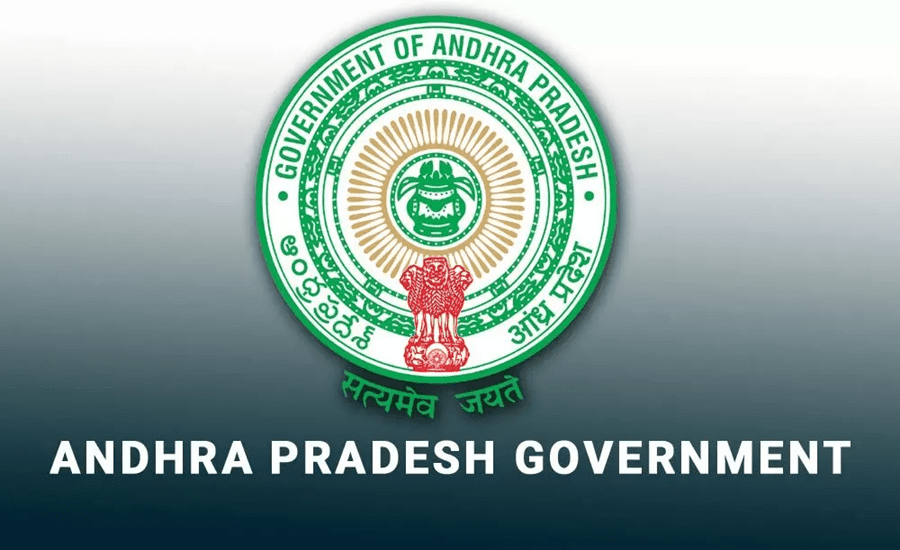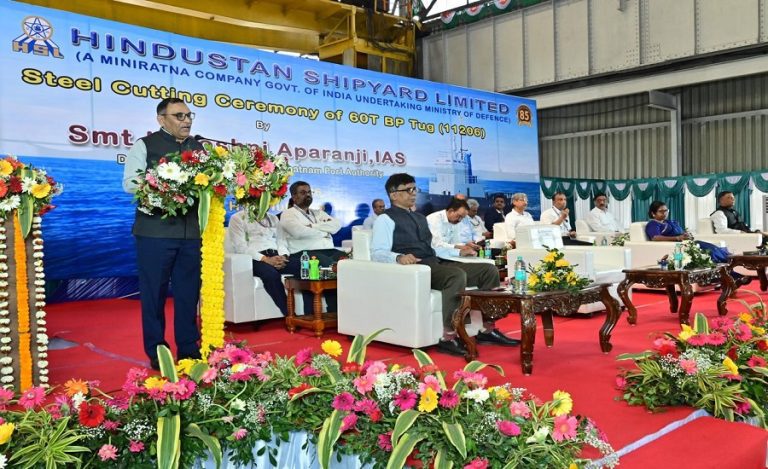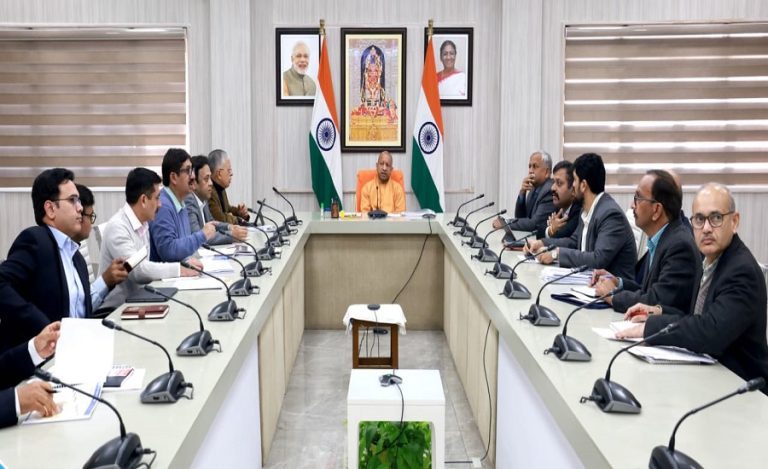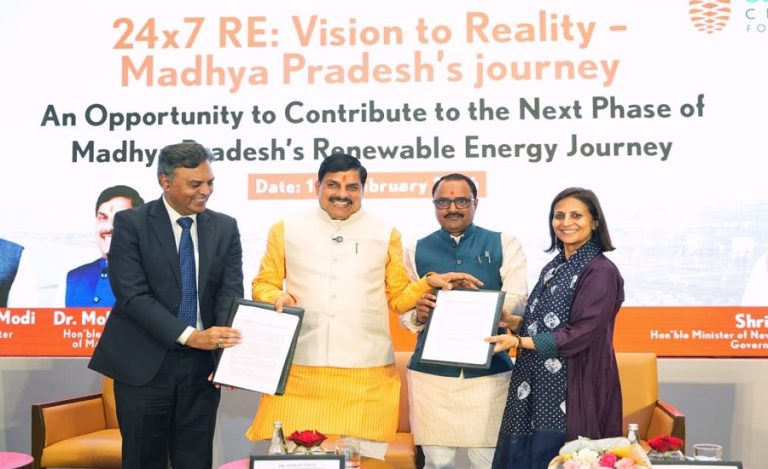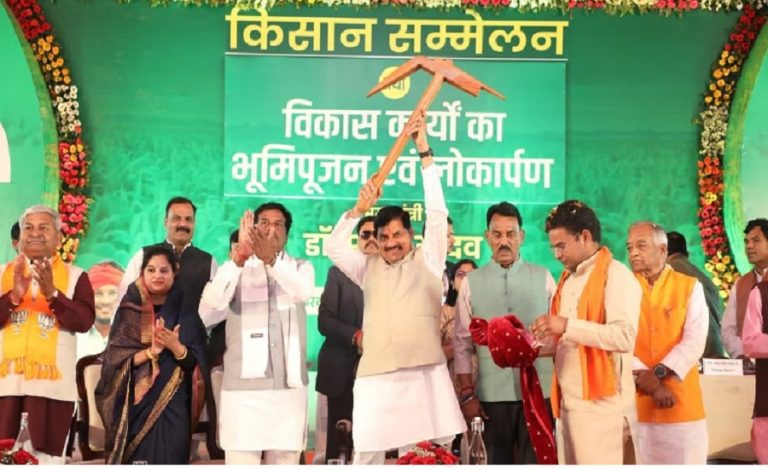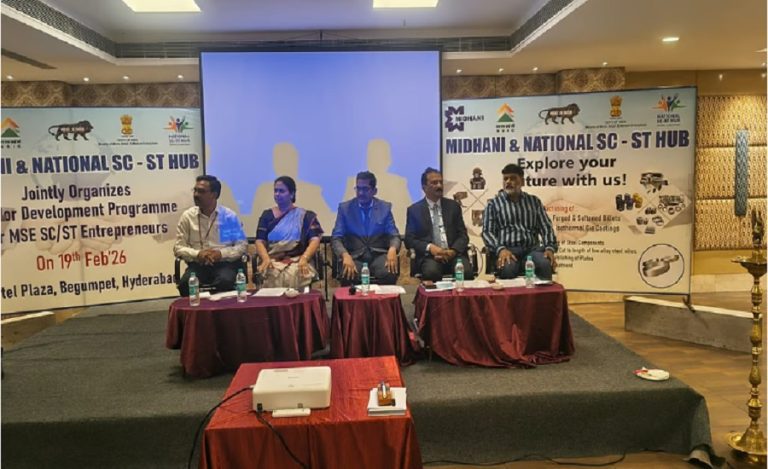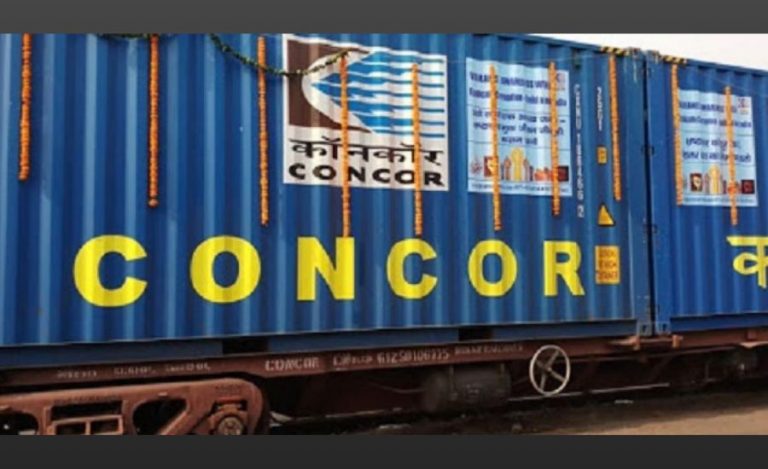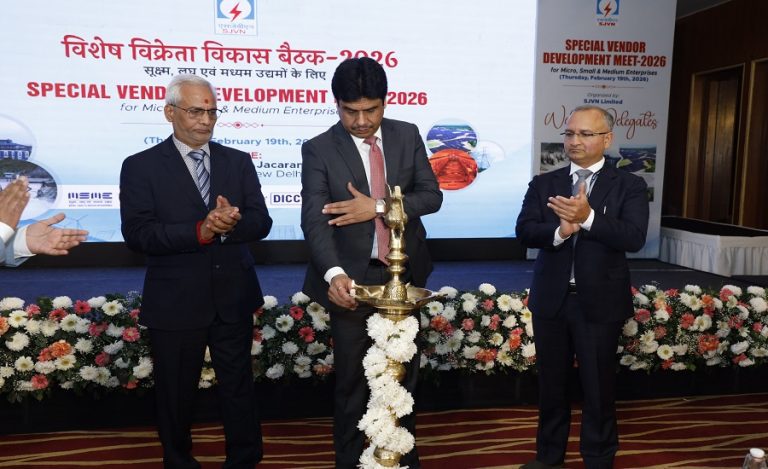Vijayawada — Former IAS officer and ex-Special Chief Secretary of the Health, Medical & Family Welfare Department, P.V. Ramesh, during a conference held at MB Bhavan on Sunday, strongly accused the Andhra Pradesh government of pushing forward medical colleges under the Public-Private Partnership (PPP) model via Government Order No. 590 — declaring the move unconstitutional and a threat to the very rights of the citizenry.
Why Ex-IAS P.V. Ramesh Questions Andhra Govt’s PPP Model for Medical Colleges
The state government under N. Chandrababu Naidu’s coalition has issued GO 590, signalling intent to bring 10 government medical colleges under a PPP arrangement. Essentially, public assets (land, infrastructure, hospitals) would be partnered with private investors/companies to complete, operate or manage these medical colleges and their attached hospitals.
Ramesh criticises this strategy: he says it transfers the state’s duty — to provide education, healthcare and nutrition — onto the private sector under the guise of “fund-shortage” or “efficiency”. He terms it a violation of the constitutional right to life and dignified healthcare of citizens.
Why it matters
Medical colleges are not just educational institutions—they supply doctors, house hospitals, and support public health infrastructure. Privatising them via PPP Model means the state may lose direct control over fees, reservation quotas, admissions, treatment policies and access.
Ramesh argues that even in high-ranking countries, health is treated as an investment, not a cost—and handing over vital public institutions to private entities converts a welfare duty into a business venture.
The move has triggered concern because many of the proposed institutions are in backward districts of Andhra Pradesh, where public management is critical for equity. Former MLC K.S. Lakshmana Rao noted that pointing to fund-shortage to push PPP shows governmental irresponsibility.
Political and stakeholder reaction
The YSR Congress Party (YSRCP) has opposed the decision in strong terms, warning that PPP will make medical education unaffordable for weaker-section students and undermine public health.
The Forum for Development of North Andhra (FDNA) wrote to the Chief Minister demanding retention of all medical colleges in the public sector; they cited a stalled project in Makavarapalem as evidence that PPP may leave infrastructure in limbo.
The state High Court recently declined an interim stay on the tendering process for these PPP colleges, stating that the policy decision of the government is not easily faulted just for being PPP-based.
Key issues under discussion
Public asset transfer: GO 590 is understood by critics to open the door for public land/buildings/hospitals to be handed to private partners for the long term — critics say this is akin to privatisation of core welfare.
Access & affordability: If private entities manage these colleges, fee-structures, reservation quotas and access for poor students may be compromised. Ramesh highlighted that this risks turning medical education into a high-fee business.
Governance & accountability: Private participants may not be subject to the same accountability standards as fully government-run colleges. The shift from public governance to PPP management raises questions of transparency.
Fund-shortage justification: The government claims it lacks funds to complete the colleges under the fully public model; critics argue that fund-shortage is being used as a convenient pretext to privatise.
Background of PPP Model
During the previous YSRCP regime under Y.S. Jagan Mohan Reddy, 17 medical colleges had been proposed across the state to expand healthcare-education access. The new government says that model was under-funded and slow.
The current government has adopted PPP as a tool to accelerate completion and reduce state burden, claiming savings in operational cost and quicker delivery.
However, critics say nothing prevents the government from raising public funds or making joint-venture arrangements in a way that retains public governance; instead PPP Model is being used to hand over control.
What’s next
The conference chaired by Ramesh passed a resolution demanding immediate withdrawal of GO 590 and related orders (GO 107 & 108) tied to self-financing medical colleges.
If the government proceeds, we can expect:
- Wider protests from student/doctor associations and civil society
- Legal challenges (already a PIL) ahead of full implementation
- Intense political tussle ahead of any operationalisation of these colleges under PPP
Why public should care
Medical colleges are pivots of both education and health in a region. Decisions on how they are built, managed and funded will affect access to medical seats, quality of doctors produced, cost of treatment in government hospitals and long-term health outcomes for the state’s citizens. A shift in model may alter this landscape for decades.

